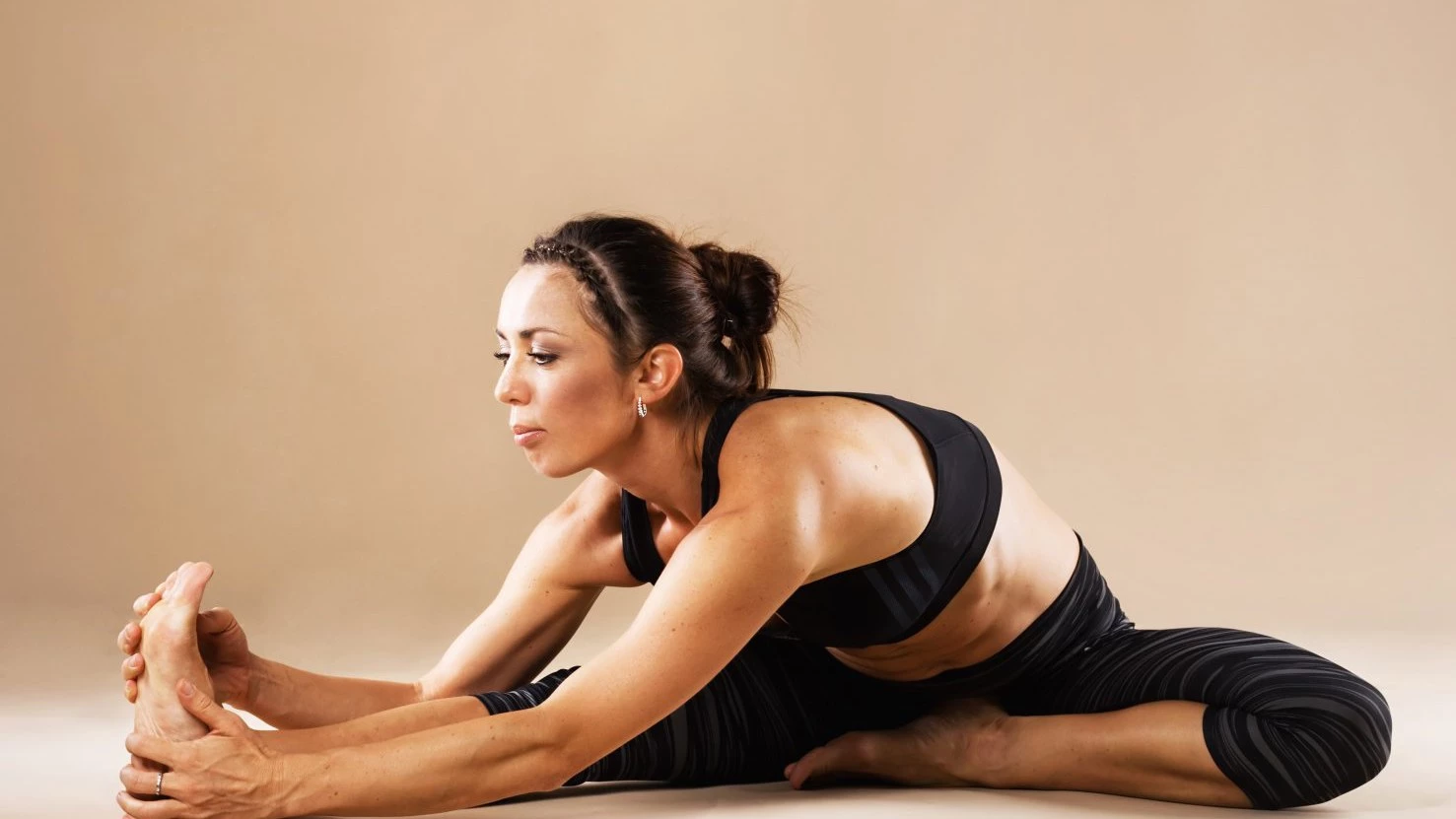Yoga for Caregivers

The hidden toll of illness is the one it takes on the spouses and family members of the person who’s fighting the disease: caregivers dealing with increased responsibility and stress find that it directly impacts their health and well-being.
“Sometimes it’s harder on the caregivers because they feel helpless. They would do anything to take on that pain,” says Smith Center Executive Director Shanti Norris in an interview with the Washington Post. “They feel guilty. And they don’t feel like they should be resting.”
Caregivers often neglect their own health and well-being, resulting in an increased risk for stress-related illnesses, including high blood pressure and depression. In geriatric populations, it’s not uncommon for the caregiver partner to die before the partner who is struggling with the illness. Recently the medical community has become more interested in caregiver health and how yoga and mindfulness techniques can affect it. A recent study out of UCLA found that a 20-minute, at-home yoga practice was enough to significantly reduce stress levels and improve quality of life and cognitive ability for a test group of caregivers looking after family members with dementia.
Yoga studios and medical centers are beginning to offer more services specifically aimed at caregivers. The Washington Post’s recent article listed several organizations in the greater D.C. area that offer free yoga classes for cancer patients and caregivers, and an internet search will turn up events and courses throughout the country. Some are primarily aimed at patients and have a policy of welcoming caregivers, but more and more are dedicated specifically to caregivers themselves. These resources include not only traditional yoga classes but also mindfulness meditation or support groups.
But if getting out one or two nights a week is too much for you, you can still reap the benefits of yoga and meditation without a formal class. Books, audio recordings and DVDs can all help you develop a yoga or meditation practice. Practicing for as little as 20 minutes a day, like the participants in the UCLA study, is enough to impact your health and well-being.
Helen Lavretsky, the head researcher of the study, spoke to the Washington Post about her findings. “Meditation and breath work teach people how to be more productive and not react to minor stuff,” she said. “[Yoga helps people] think about what they needed to do for themselves.”


